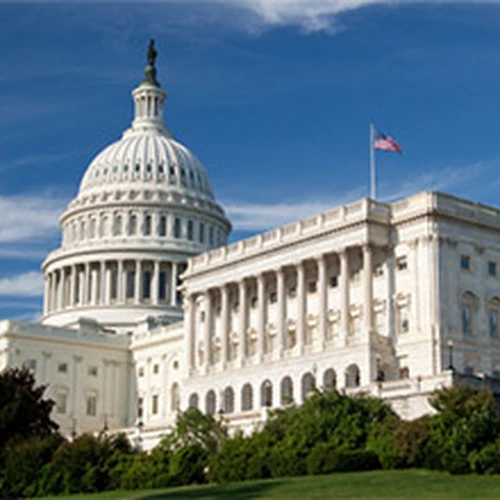OBS Postdoctoral Fellowships
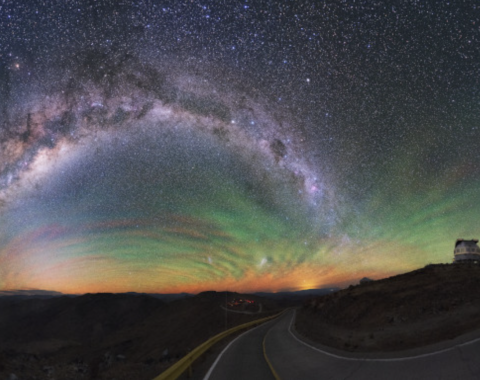
The Carnegie Science Observatories operates several postdoctoral fellowship programs in observational and theoretical astronomy and instrumentation.
Not all fellowships are offered every year.
The following fellowships are available in 2025:
- Carnegie Fellowship - Deadline November 3
- Heising-Simons 51 Peg b fellowship - Deadline October 3
- Carnegie Theoretical Astrophysics Center (CTAC) Fellowship - Deadline October 31
- Carnegie-Caltech Theoretical Astrophysics Fellowship - Deadline October 31
- Carnegie-USC Theoretical Astrophysics Fellowship - Deadline October 31
- Brinson Prize Fellowship in Instrumentation - Deadline November 3
Overview of fellowship applicant expectations.
- All fellows are expected to pursue research topics of their choice.
- Fellows enjoy access to all of Carnegie’s observing facilities in Chile on the same basis as the scientific staff, including the two 6.5-meter Magellan telescopes, the 2.5-meter du Pont telescope, and the 1.0-meter Swope telescope at Las Campanas Observatory.
- In the recent past, Carnegie Fellows have generally received 3-5 nights of Magellan time per semester. Carnegie is also a full institutional member of the Sloan Digital Sky Survey V.
- Scientific computing resources available include the Caltech high-performance computing cluster in addition to local computing resources.
If you are interested in having the Carnegie Science Observatories host your Hubble, Jansky, NSF, or other fellowship, please contact Josh Simon. Externally funded fellows also have access to Carnegie’s observing and high-performance computing facilities.
How to Apply
Those interested in applying for the Carnegie Fellowship should follow this link.
Those interested in applying for the CTAC Fellowship and/or the Carnegie-Caltech Theoretical Astrophysics Fellowship should follow this link.
Those interested in applying for the Brinson Prize Fellowship in Instrumentation should follow this link.
Detailed application instructions can be found at the links above.
Resources for Applicants
Guidelines and helpful tips for applicants' impact statements.
Carnegie Science has been designated as an Exchange Visitor Program sponsor.
Available Postdoctoral Positions
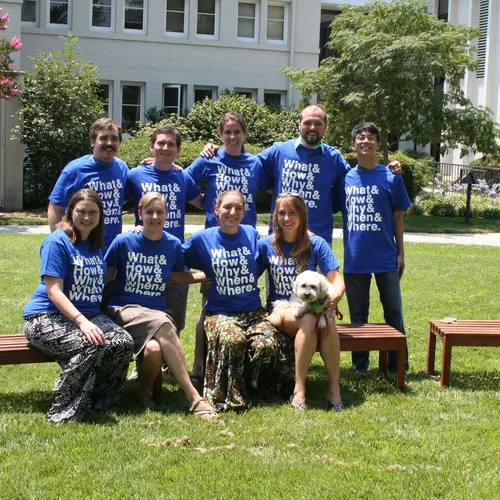
Carnegie Fellowship
The fellowship is intended to encourage long-term research in observational astrophysics and/or instrumentation. Fellowships are awarded for two years and may be renewed for an additional third year. The successful applicant must have completed the Ph.D. requirements before assuming the fellowship.
Email Inquiries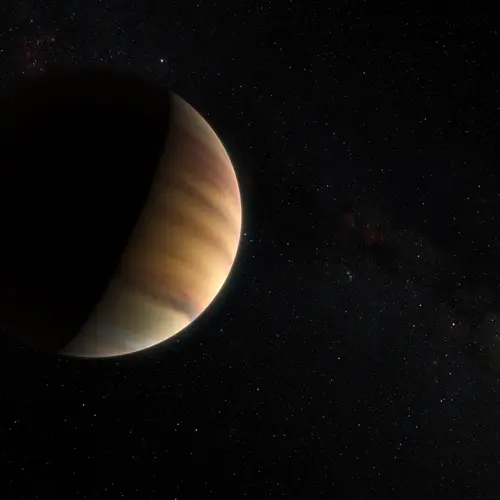
Heising-Simons 51 Pegasi b Fellowship
Carnegie Science is proud to be one of a prestigious group of institutions that are eligible to host Heising-Simons 51 Pegasi b Fellows. Program participants can choose to work at Carnegie Science’s Earth and Planets Laboratory, the Carnegie Science Observatories, or both. At the Observatories, fellows can work closely with observational astronomers, theoretical astrophysicists, and on-site engineers to pioneer the instruments and observing strategies that will advance the next wave of breakthroughs in exoplanet detection and characterization.
Email for Inquiries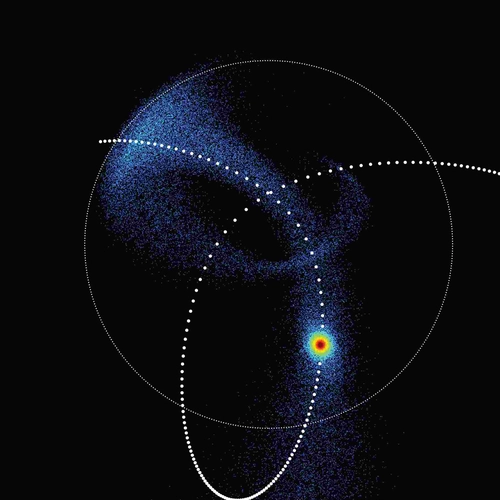
Carnegie Theoretical Astrophysics Center (CTAC) Fellowship
The CTAC fellowship is intended to encourage long-term research in theoretical astrophysics, particularly in areas related to star/galaxy/black hole formation and evolution, Milky Way dynamics and dark matter, transient explosive events, exoplanet formation and dynamics, and cosmology. Fellows are expected to carry out an independent program of research that complements and enhances both the theoretical and observational activities at Carnegie. CTAC Fellows have full access to Carnegie's computational resources--previous fellows have utilized 1-2 million CPU hours per year. The fellowship is awarded for two years and may be renewed for an additional third year. The successful applicant must have completed the Ph.D. requirements before assuming the fellowship.
Email inquiries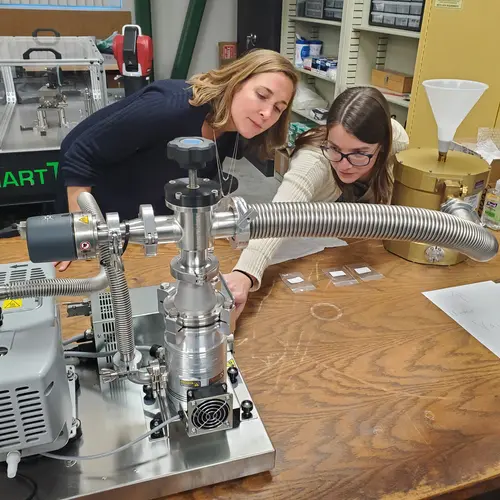
Brinson Prize Fellowship in Instrumentation
Postdoctoral fellows in our renowned instrumentation program work with astronomers and engineers to create, design, and build world-leading telescopes and exceptional instrumentation. Instrumentation breakthroughs come from individuals who have both a background in astronomy and an interest in designing and building instruments. The Carnegie Observatories is particularly interested in candidates with this combination of skills and interests who have completed their Ph.D. within the past three years.
Email Inquiries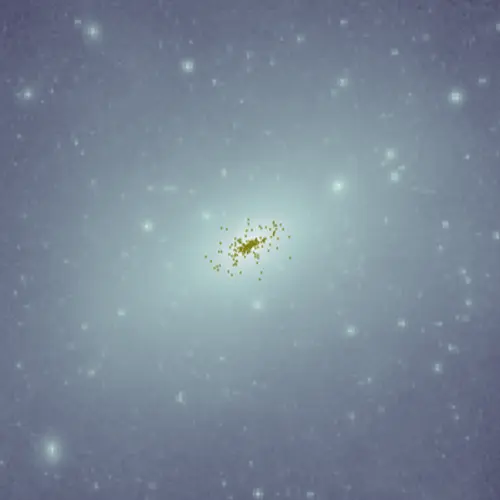
A model of a dwarf galaxy like Tucana II showing the expected dark matter as the shaded background and the stars in the galaxy as little bright dots. Before now, astronomers have only been able to see the denser clump of stars in the galaxy’s center. But thanks to the technique developed by MIT’s Anirudh Chiti, the researchers were able to detect the spray of stars on the edge of the simulation—the farthest out that they could expect to directly measure dark matter. Image from research published in the Monthly Notices of the Royal Astronomical Society (DOI: 10.1093/mnras/stz2887) courtesy lead author Coral Wheeler.
Carnegie-Caltech Theoretical Astrophysics Fellowship
This joint fellowship is intended for candidates whose research would benefit from the collaborators and resources available at both Carnegie and Caltech. The Fellow will split their time between the Carnegie Observatories in Pasadena, and Caltech's Cahill Center for Astronomy and Astrophysics. The Theory Fellow is expected to carry out original research in any area of astrophysics, either independently or in collaboration with staff, faculty or students at the host institutions. The principal selection criteria will be outstanding research accomplishments and promise of future achievement. Preference will be given to researchers working in areas in which Caltech and Carnegie have active and overlapping interests.
Email Inquiries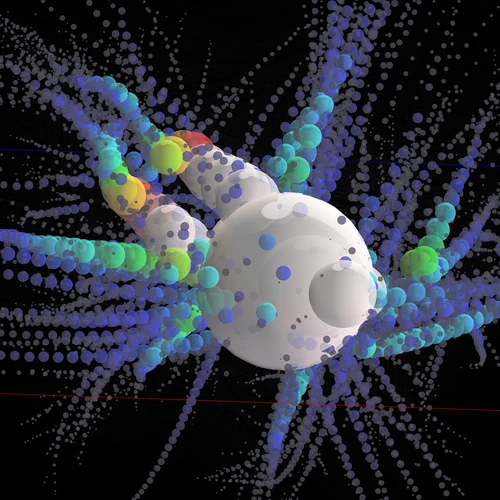
Carnegie-USC Theoretical Astrophysics Fellowship
This is a joint fellowship between the Carnegie Observatories in Pasadena and USC's Department of Physics and Astronomy, and fellows will split their time between both locations. The fellow is expected to carry out original research in any area of astrophysics, either independently or in collaboration with staff, faculty or students at the host institutions. The principal selection criteria will be outstanding research accomplishments and promise of future achievement, but preference will be given to researchers working in areas in which USC and Carnegie have active and overlapping interests.
Email InquiriesNot Available in 2025
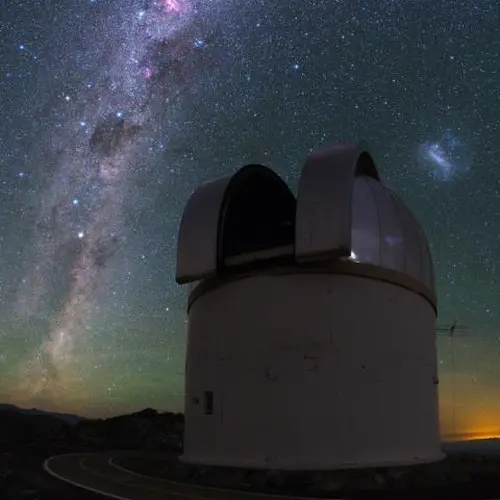
Carnegie-Caletch Brinson Fellowship in Observational Astronomy
This joint fellowship provides a unique opportunity for candidates who will make excellent use of the observing facilities, survey data sets, and collaborators at both Carnegie and Caltech. Caltech is a partner in the Keck Observatory, Palomar Observatory, and Owens Valley Radio Observatory, as well as LIGO and several space missions. The successful applicant will have standard access to the facilities of both institutions throughout the term of the fellowship.
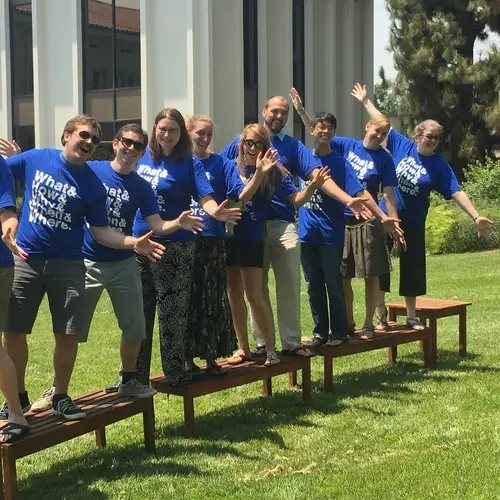
Carnegie-Princeton Fellowship
This joint fellowship is intended for candidates whose research would benefit from the collaborators and resources available at both Carnegie and Princeton University. The Department of Astrophysical Sciences at Princeton is a major partner in the Atacama Cosmology Telescope (ACT), the Simons Observatory, and the Rubin Observatory Legacy Survey of Space and Time. The department is collaborating with the National Astronomical Observatory of Japan to carry out deep, high-resolution, wide-area imaging and spectroscopic surveys to study galaxy evolution, cosmology, Milky Way structure, and planetary systems on the Subaru 8.2 meter telescope on Maunakea, Hawaii as part of the Hyper Suprime-Cam and Prime Focus Spectrograph surveys. The successful applicant will have the right to join the Subaru surveys, and to apply to join the ACT and Simons Observatory collaborations, for which Princeton has institutional membership. Together with research groups in other departments in the university and the nearby Institute for Advanced Study, the department offers an unparalleled environment for research in theoretical and observational astrophysics and cosmology.

